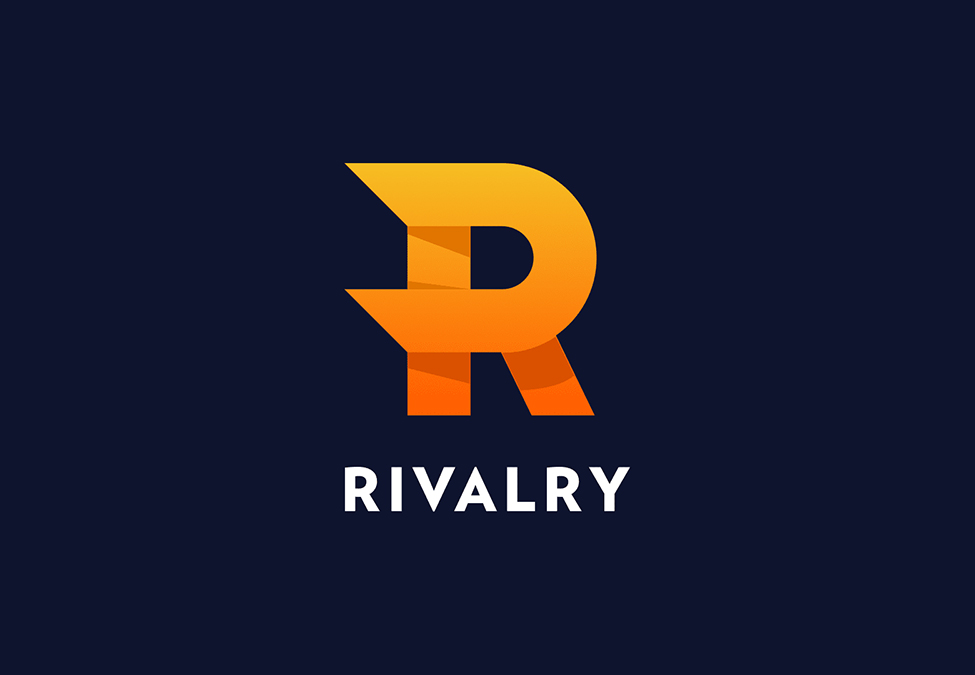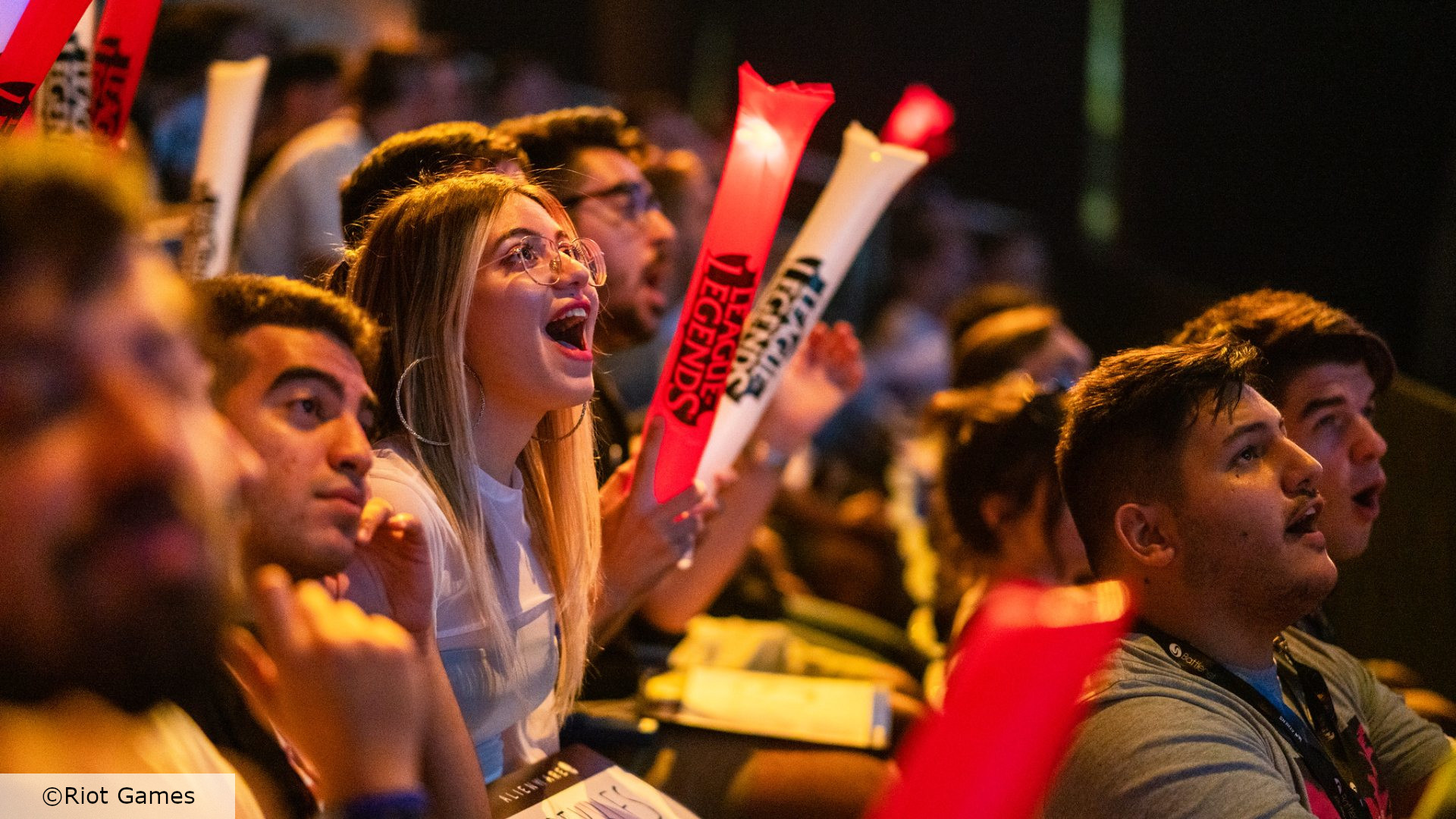In 2015, Steven Salz was one of many entrepreneurs hoping to claim a slice of the esports industry whilst still baking in the proverbial oven. Alongside Ryan White and Kevin Wimer, co-founders of skins marketplace Loot Market, the trio defined the ideal set of benchmarks needed to solicit their investment. The venture was contingent on three important criteria: an asset completely agnostic of game publisher intellectual property, third-party API, and specific game titles.
These set of guidelines pointed Salz to the world of esports bookmaking. Although the esports betting scape looked far different than it does today; once riddled with unregulated sportsbooks and illegal skin markets each posing its own regulatory nightmare. Salz never found his ideal esports investment opportunity, so he decided to create his own.
This became the genesis of Rivalry, an online, esports-focused betting platform launched in February 2018, where Salz serves as the Chief Executive Officer. The sportsbook has soared in popularity since, inking official partnerships with the likes of FNATIC, FURIA, and veteran esports content creator Richard Lewis. Having your brand stand out in this deeply competitive space is no simple feat, but it’s something Rivalry has executed extraordinarily well.

When first arriving on Rivalry’s webpage, you are greeted by a colourful and bold art style which wraps the entire site. A customer support message is prompted using popular video game characters like Mario and Luigi. It’s cheerful, light-hearted, and fun, but the larger strategy behind everything from the platform’s quirky design to its overall vision of esports betting is nothing to sneer at.
RELATED: B8 establishes partnership with Rivalry
“We want to make Rivalry the defining voice and betting home of esports fans,” Salz told Esports Insider. “The only way to do that is to have a large community voice, you can’t just have a great product, even though we’re trying to do both.”
Digital media is a key part of any consumer-facing business in today’s day in age. It’s an area Rivalry has dedicated ample resources toward, and one clearly evident by the breadth of its content and popularity of its brand. Punchy social media account operators, highbrow editorial pieces, and exclusive content segments with partnered organisations and creators all play a part in this elevated mindshare. While successfully driving brand equity and global appeal, Rivalry’s strong community focus is part of a genuine interest in making betting more social, casual, and entertaining.

“We think this demographic and user is way more casual. They want to look at [gambling] socially and as entertainment, we don’t want to create some stigma around it where they think about it as something dirty,” Salz said. “We add to the entertainment experience of an esports fan. We make money and recycle it back into the community – it then becomes this virtuous cycle and we think that’s good for business and also good for the community.”
If there was any doubt of the bookmaker’s authenticity in looking out for its consumers, one skim of the ‘Rivalry Academy’ would dismiss any uncertainty. The academic portal, available in multiple languages, is equipped with videos and articles designed to educate all walks of bettors, from beginners to experienced gamblers.
RELATED: beastcoast gambles with one-year Rivalry partnership
“We’re trying to provide as much information so that they’re an informed consumer, the same way you would in any industry,” Salz told ESI. “We’re building the education to keep the experience consistent, prevent [users] from starting negative behavioural trends, and just aligning it with other consumer experiences they’re used to having.”
Within this ecosystem is a consumer much different than the traditional gambler found betting on football or basketball. This is a younger, internet generation with much higher expectations on user experience. The ocean of bettors is less saturated with high-roller whales and instead smaller, incremental wagers. It’s a factor Rivalry is astutely aware of, and one that has directionally shaped everything about its core experience.

“We massively overhauled the traditional approach on everything from onboarding, know your customer, customer support, the bet slip, and even nuance items like wallet visualizations to successfully deliver a product that works for this audience,” Salz told ESI in a separate interview.
These features may seem like minor additions comparatively to the core wagering product, but it’s all part of building an exceptional user experience at large. The sportsbook even goes as far as to source its customer support representatives directly from the community, avoiding toilsome, third party systems; whereas retail operators may encounter organisational bloat allocating the same customer care resources. It’s another area Rivalry has committed to improving, and one that makes its overall competitive advantage just that much steeper.
RELATED: How Rivalry.gg is “making betting more fun” for users
The DNA of Rivalry’s workforce consists of less regulated betting experience than you’d expect from a global gambling brand – a quality which has played surprisingly in its favour. Instead, the betting operator tapped technology entrepreneurs from Tornoto’s bustling software developer market; a fruitful move resulting in the entirety of its assets built in-house, allowing its products to have an extra personalised touch.
There are countless benefits in identifying as a tech company, too. One of which includes the creation of a forthcoming, proprietary casino game the operator is building called ‘Rushlane’. Expected to arrive in the coming month, Rushlane, which Salz defined as a mixture of “Mario Kart and Tower Defense,” is Rivalry’s take on microgaming. The casino game will integrate user profiles and other platform-specific components for an immersive experience which builds upon the site’s lore. Despite being a tall, rigorous order, the custom casino game allows Rivalry to deepen its offering while staying consistent with its brand reputation.
“We didn’t want to just hit them with slots from day one,” Salz said. “It would betray the brand proposition that we have at Rivalry and it’s not consistent with what we’re trying to achieve.”
RELATED: Rivalry.gg seeks to educate esports bettors via Rivalry Academy
While the operator has built a fundamentally successful product just several months shy of its three year anniversary, there’s still a lot more ground to be covered. New markets, regional leads, localised deals, internally developed products, and an expanded esports betting product are all on the company’s horizon. The prospect of expansion is exciting, but notwithstanding vision for the Rivalry brand and its ambition to become the definitive voice of esports fandom.
“A really big focus for us over the next 12 months is elevating the brand and being able to get the scale and leverage of a typical sports and media entertainment brand, without people constantly linking it to gambling and therefore having more of an aversion to what we’re producing,” Salz said.
“The scope and scale of the brand itself, completely independent of the fundamentals of the business, will be in a very different stratosphere from where it is today.”
Disclaimer: This post is sponsored by Rivalry